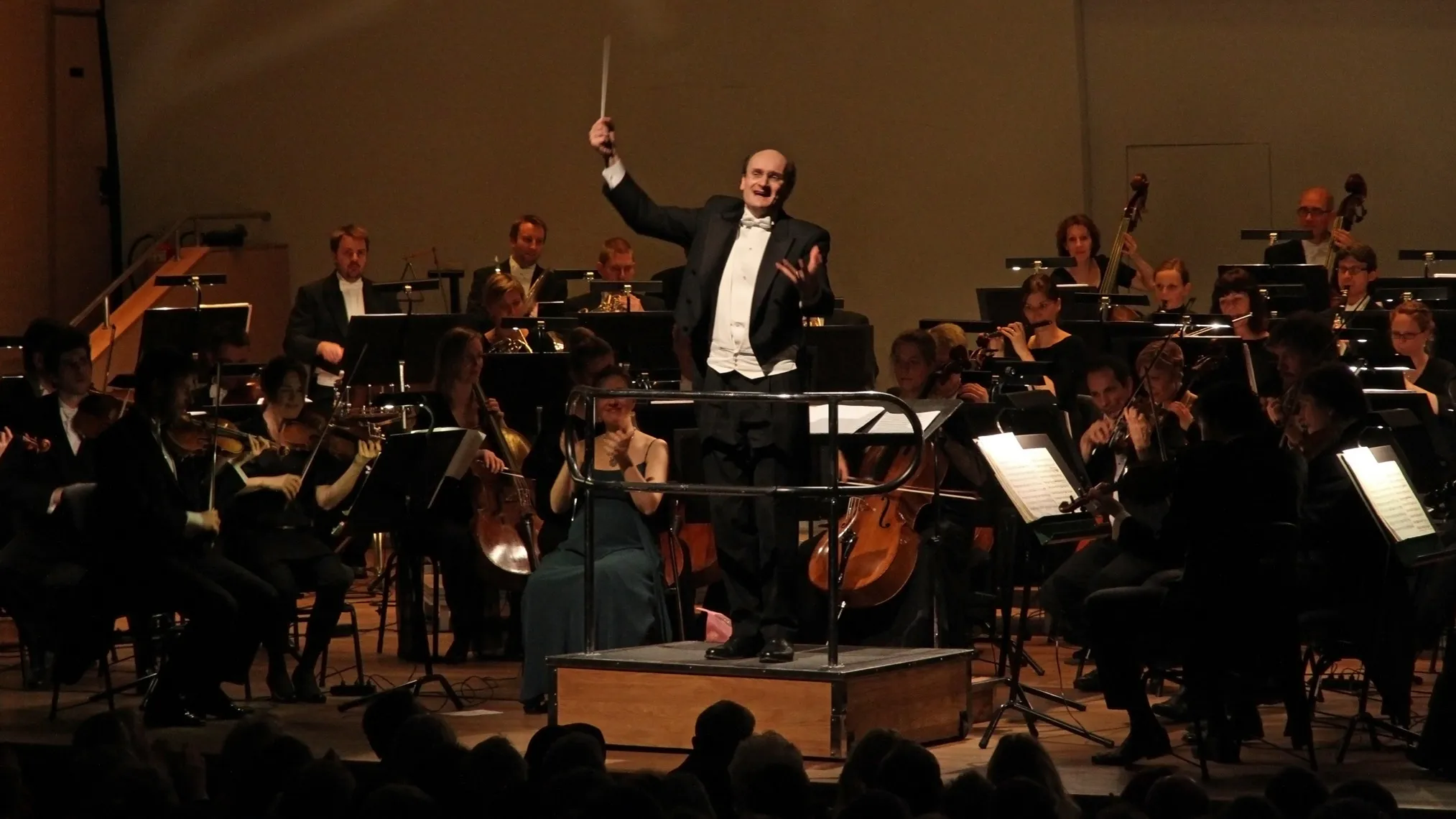
I recently attended a rather theoretical computer-science conference, and sat, as is my habit, in the front row. The speaker was trying to convey the fine details of a rather intricate mathematical construction. I was hopelessly lost. At that point I found the talk indistinguishable from Doug Zongker’s celebrated "Chicken Chicken Chicken" talk presented at the 2007 AAAS Humor Session (http://www.youtube.com/watch?v=yL_-1d9OSdk). Looking behind me to see how other attendees were reacting to the highly dense presentation, I was greeted by a wall of laptop screens; people were busily reading their email.
At the business meeting that evening, I asked "How many people could follow 100% of 100% of the talks?" Silence. "80% of 80%?" One brave soul responded positively. It was only when I got to "50% of 50%" that about 50% of the participants raised their hands. Of course, this statistic should not be taken too seriously, but, nevertheless, I found it shocking! About 100 people are spending four days attending talks, and only 50% understand 50% of 50% the talks? What is the point of this futile exercise?
I am reminded of Lance Fortnow’s pithy description of a computer-science conference as "a journal that meets at a hotel." Indeed, if the point of the conference is simply to score a prestigious publication, then attending the conference and giving a talk is just a hurdle that one must overcome as a condition of publication. As I pointed out in my May 2011 editorial, "Technology Has Social Consequences," many conferences eliminated face-to-face program-committee meetings in the late 1990s to save travel expenses and hassle. Why don’t we take the next logical step and virtualize our conferences in the name of efficiency?
I am not serious, of course. I actually like conferences very much. I believe they are a critical component of the scientific enterprise. Science is a social undertaking. For most of us, our scientific social network is truly global. Meeting at conferences is the only way to maintain our links, learn what is happening, and tell others about our latest and greatest. While some of the activity of a conference happens in coffee breaks and hallways, its core activity takes place in the lecture halls, and this activity better be effective, which means the talks better be clear, informative, and interesting. Why is it then that we put so much attention on ensuring the quality of the papers, and so little attention on ensuring the quality of the talks?
There are many ways in which we can attempt to improve the quality of conference talks. Some of these measures are easy and obvious. For example, graduate students should be taught that preparing a good talk is quite different from, though equally important as, writing a good paper. They should never give a conference talk without some dry runs with brutally honest feedback from their advisor and fellow students. Also, for their first few conference talks, graduate students should be video-recorded. Many will be rather shocked when seeing and hearing themselves for the first time. This advice applies not only to graduate students. While students often make the rookie mistake of trying to tell the audience everything in their paper, rather than tell the audience about their paper, they are not the only ones giving poor talks.
Conferences should, in my opinion, take active measures to improve presentation quality. A radical proposal would be to require authors to submit not only papers but also video recordings of their talks. The quality of those presentations would be considered in making program decisions. Less radical a move is to require authors to send draft presentations before the conference, and receive feedback from their session chairs. It should also be relatively easy to augment conference-management systems with feedback pages where conference participants can give speakers anonymous feedback on their presentations. (That would give attendees something constructive to do during poor presentations!)
At some conferences, I have raised the issue of poor presentations, and encountered unwillingness by conference officials to take any concrete measure. I am told my proposals are "too intrusive," which is truly puzzling. We manage conference programs with an iron hand, often ruffling many feathers by (sometimes controversial) program decisions. Why are we suddenly "kinder and gentler" when it comes to presentation quality? If conferences are important, then we ought to treat them as more than "journals meeting at hotels" and make sure the time we spend attending them is well spent.
Moshe Y. Vardi, EDITOR-IN-CHIEF



Join the Discussion (0)
Become a Member or Sign In to Post a Comment